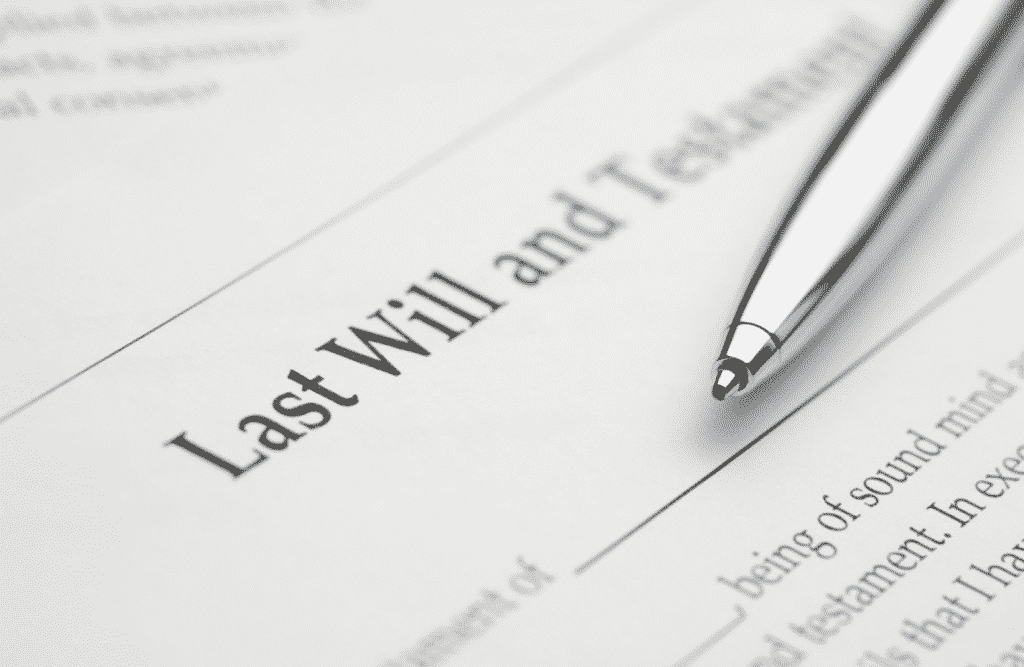Establishing a will can appear to be quite challenging at first however, it is essential for establishing an estate plan. Formation of an effective will would always keep you at ease with the fact that your loved ones are protected even in your absence.
Hence, we’ll walk you through the process of creation of a will with the ultimate checklist below:
Will preparation checklist:
in contrast to various popular beliefs, anybody is eligible to make a will if you fall under any of these categories regardless of whether you are rich and wealthy or not:
- You are above the age of 18.
- You have your own home or any other property.
- In case you have any savings or investments.
- You have an established career.
- You have children and other dependents in your family.
Therefore, you must contest to make your will if any of the above categories are satisfied as a lack of estate planning would provide the access to the court to take decisions regarding your estate regardless of what your interests were after your death.
You can create a will by just following these 8 steps:
Lay out your assets and think about your final wishes:
The first and the foremost step while planning to create a will is to accumulate a list of all the assets you have and consider about your final wishes.
These assets could be:
- Any property or real estate.
- Intangible properties such as a business, stocks or bond.
- Patents, copyrights and royalty.
- Cash present in saving and any checking accounts.
- Valuable and essential assets like cars, jewelry, family heirlooms, artwork, etc.
Make sure that your intentions are clear once you create list of all the assets by indicating what assets would be directed to whom.
Also, you must identify your final wishes so as to ensure that the grieving members are aware as to how they can pay tribute during the last rites.
Consider your digital assets:
Digital estate planning has gained a lot of popularity over the past couple of years. These assets include the electronic accounts or programs you log into through computers, laptops or any other device.
Any email or social media account, to online bank accounts are a part of such assets.
However, following the below steps can ease out the process of planning your digital estate:
- Form an inventory for the digital assets.
- Decide as to how these assets would be distributed after your death.
- Appoint an executor to look after your digital assets.
- Ensure that the estate plan is legally binding and mention about it in your will so that it is taken into consideration.
Collect documents for will preparation:
Gathering the following specific documents can make the process of will creation easy and smooth:
- Having the birth and death certificates.
- Marriage or divorce certificates.
- Information related to Mortgages.
- To have beneficiaries assigned for every insurance policy.
- Establish a list of all the bank account details and number.
- Account number of investment portfolios.
- Name, phone numbers and other details of your lawyer, insurance agent, banker, etc.
Select your executor and beneficiaries:
Executor:
the executor is appointed to fulfil the duty of settling your estate upon your death. Therefore, you must choose an executor who is trustworthy and has the required knowledge of handling any financial or legal obligations during the entire process.
Beneficiaries:
they are the ones who are likely to receive benefits through your estate upon your death.
they will have the control over your property and money as stated through your wishes mentioned in the will.
Appoint guardians:
The most important part of your will preparation is to nominate guardians for your children, both adult depends and minor in order to keep them secured and protected after your death.
Sign your will:
Ensure that your will is completely prepared with the adequate number of signatures mandated by your state. The requirements are generally different for every state, where in most of the cases there are two witnesses and a notary involved.
It is also a great idea to inform anyone mentioned in your will about their existence in your estate plan with some or the other way.
Store your will:
Once the will is complete you must decide as to how can you store it to keep it safe and secure. Here are some of the options that you can take into consideration:
Safety deposit box:
this might turn out to be a bad option as your family members can find it hard to access after you pass away.
Fireproof safe:
this is considered to be one of the easiest and simplest way to keep your financial documents protected.
Legacy drawer:
this is an easily accessible option as all your documents could be kept at one place. This drawer can even be at your home with the assigned executor or the lawyer.
Update your will:
The documents related to your estate plan might need to be updated at some point of time. Hence, it is recommended that you should update the will in every 3-5 years or due to any sudden life event.
Events that could make you amend and update the will include marriages, remarriage, purchase or sale of a large asset, death of a beneficiary or an executor, etc.
Even though, it is not essential to appoint a lawyer, you can still hire a legal consultant from https://probateconsultants.com.au/ who would be there to guide and advice you in case you have any doubts. Hence, the experts at Probate Consultants are here to make the process of establishing a will easy and quick.
